C19. SOUTH TRANSEPT MEMORIALS
1. WILLIAM NAPIER RH
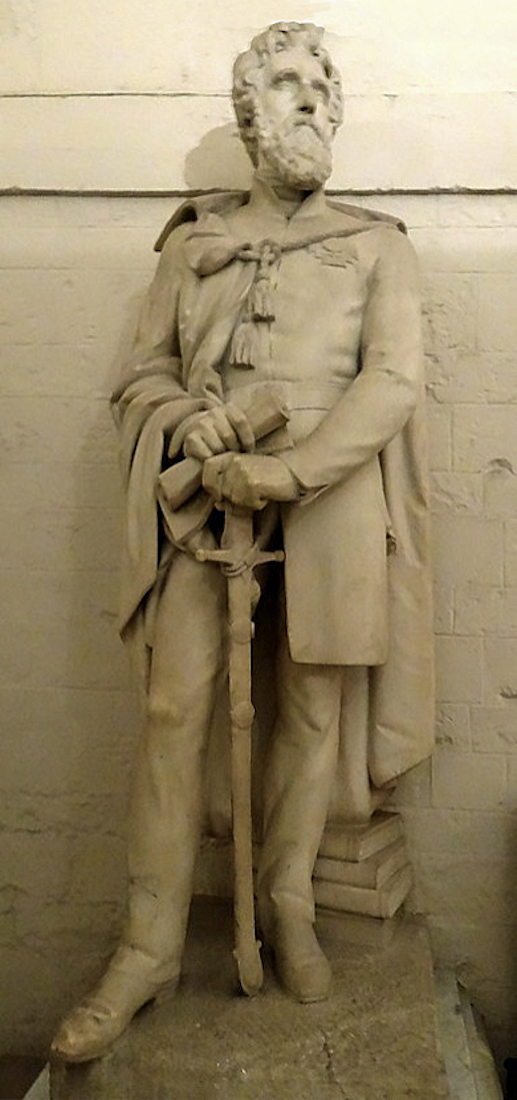
1. WILLIAM NAPIER RH
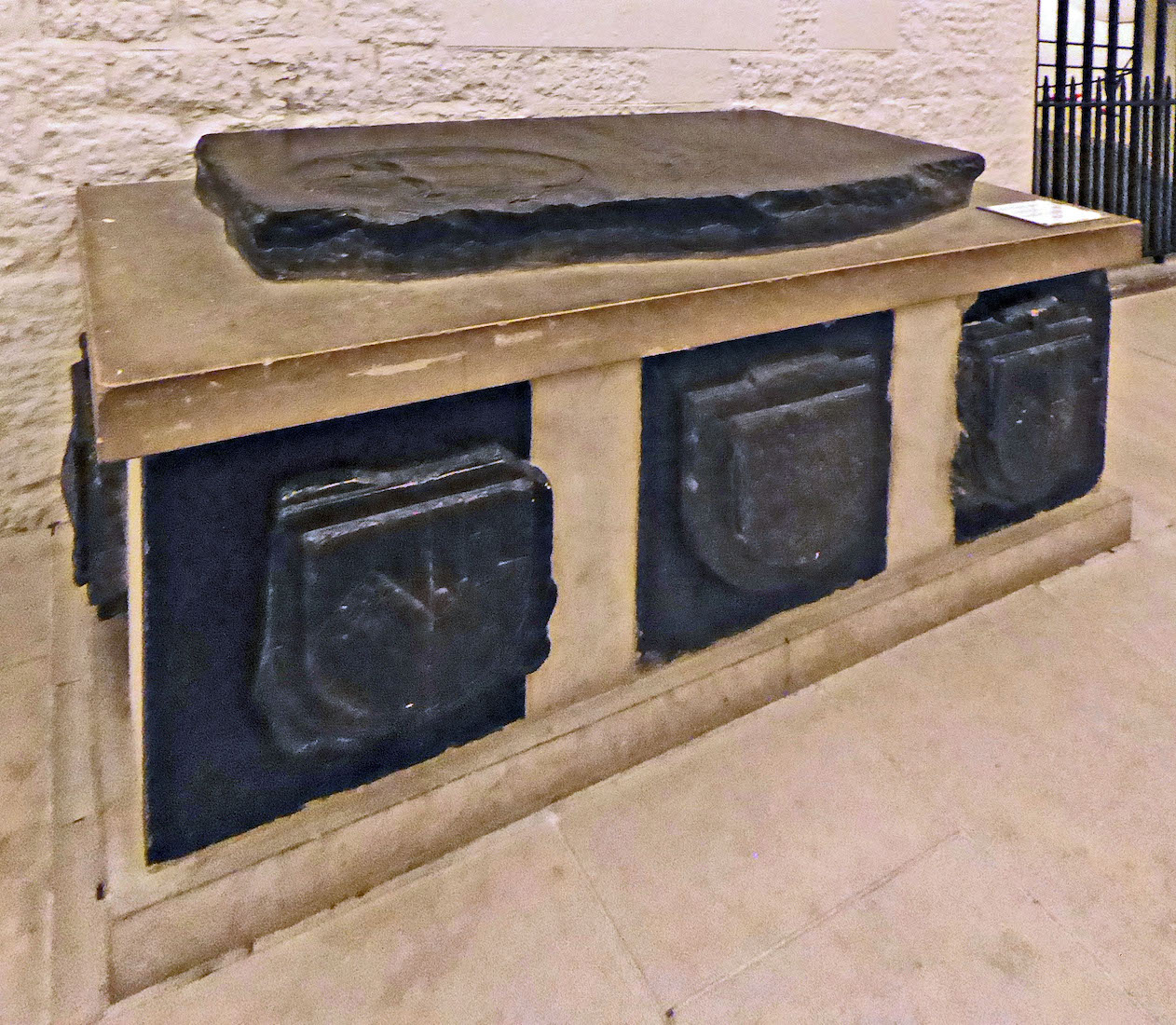
On the other side of the aisle is the tomb of Bishop Brian Walton. Brian Walton (1600 – 29 November 1661) was an English Anglican priest, divine and scholar. He is mostly remembered for his polyglot Bible. This is a parallel translation Bible using nine languages: Hebrew, Aramaic, Samaritan, Syriac, Arabic, Persian, Ethiopic, Greek and Latin.
3. LORD AND LADY WOLLEY AMT AMT
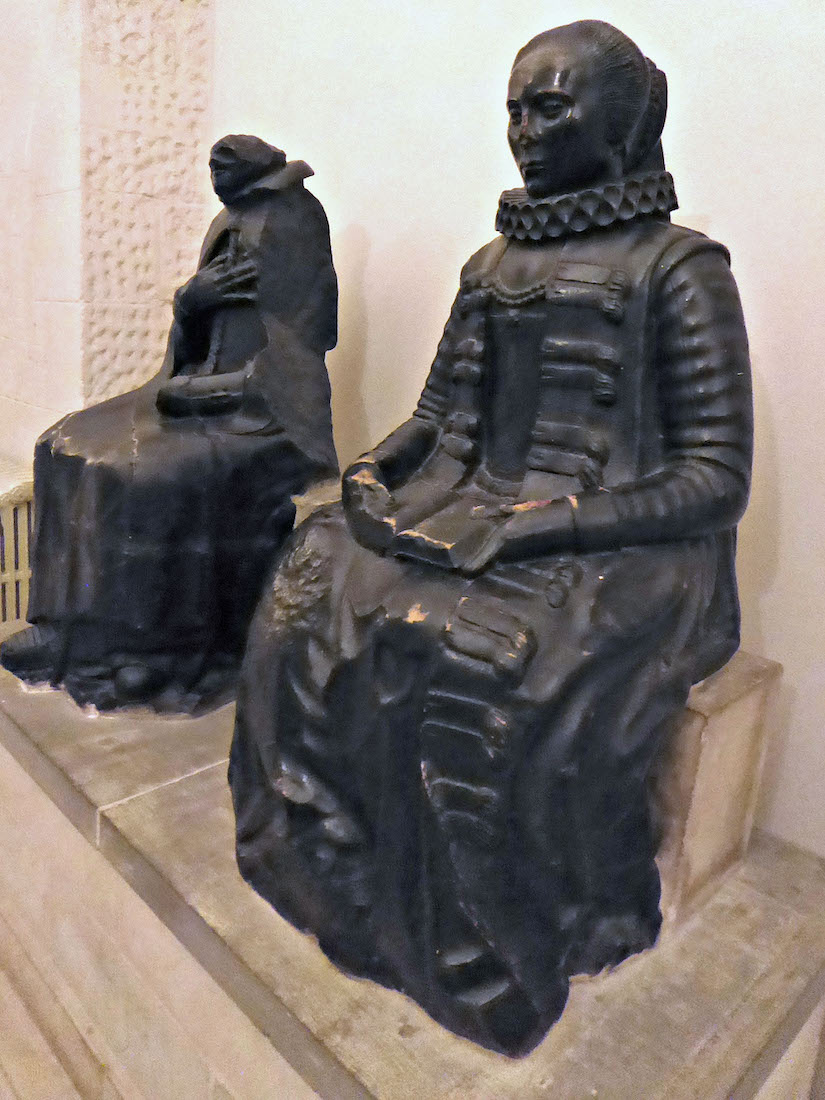
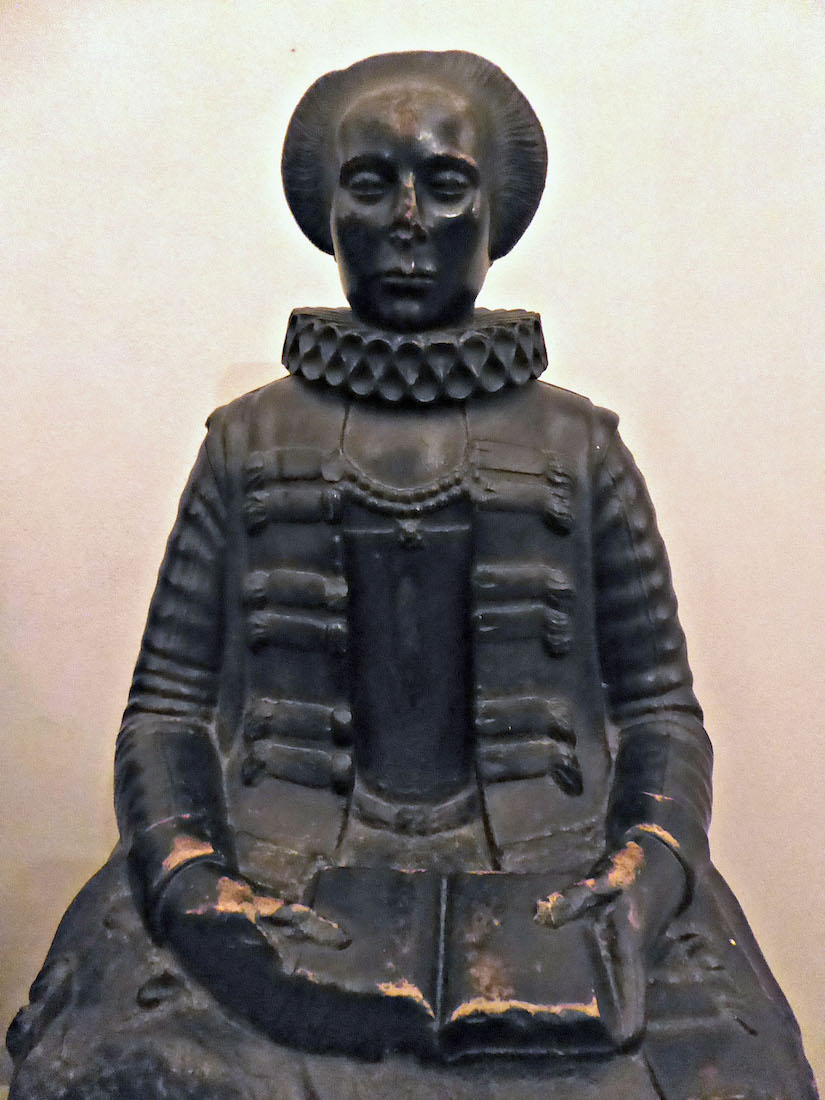
On the other side of the aisle is the tomb of Bishop Brian Walton. Brian Walton (1600 – 29 November 1661) was an English Anglican priest, divine and scholar. He is mostly remembered for his polyglot Bible. This is a parallel translation Bible using nine languages: Hebrew, Aramaic, Samaritan, Syriac, Arabic, Persian, Ethiopic, Greek and Latin.
3. LORD AND LADY WOLLEY AMT AMT
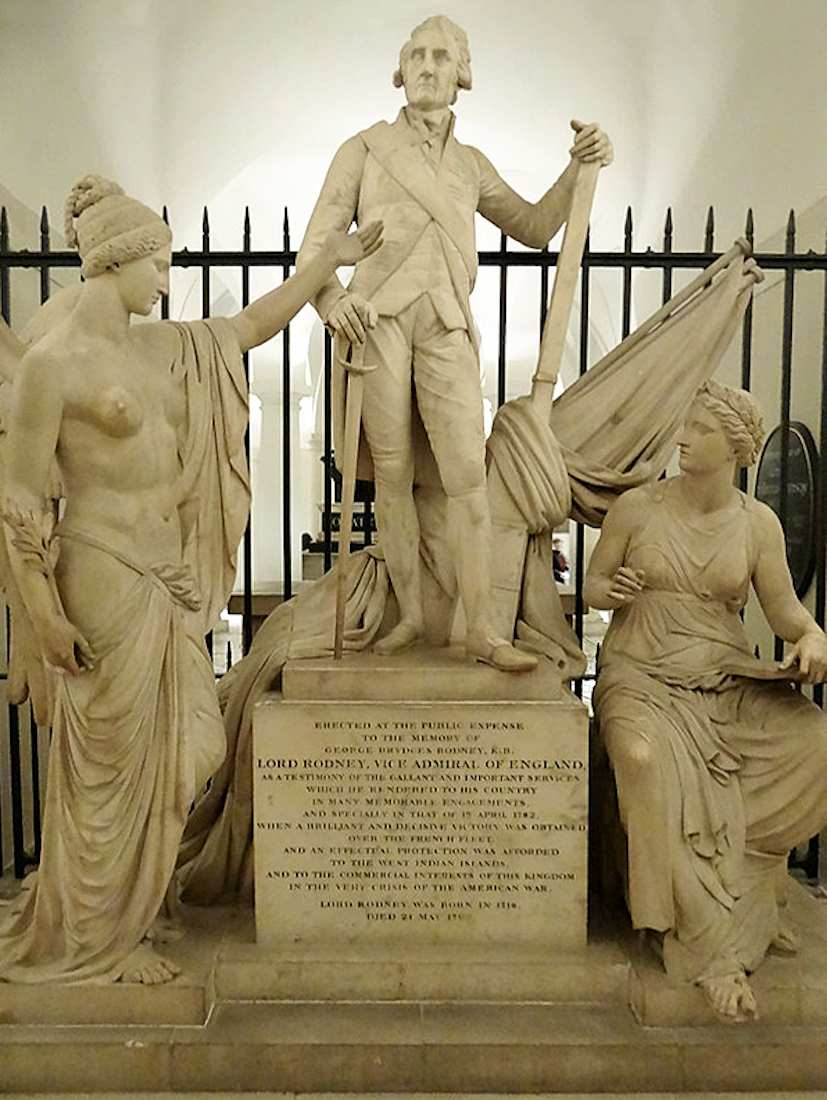
This sculpture is on the right side of the aisle, beyond Bishop Walton’s tomb. Admiral George Brydges Rodney, 1st Baron Rodney, KB (1718 – 1792), was a British naval officer. He is best known for his commands in the American War of Independence, particularly his victory over the French at the Battle of the Saintes in 1782. It is often claimed that he was the commander to have pioneered the tactic of breaking the line.
5. WILLIAM HEWIT AMT
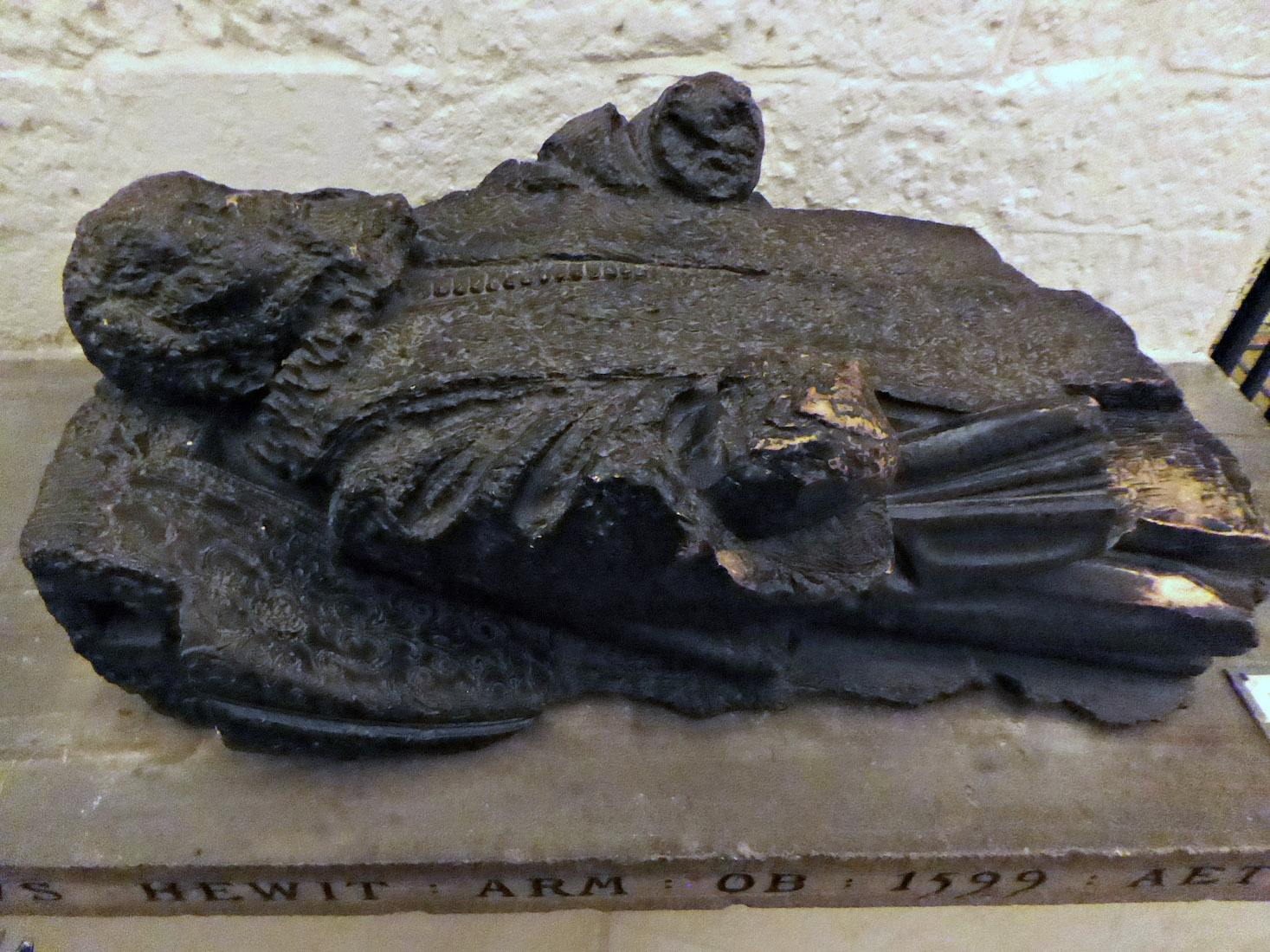
Also in the South transept is this effigy of William Hewit. The effigy was once part of a monument of the merchant Thomas Hewit (d.1599) which was erected in the South choir aisle of Old St Paul’s Cathedral. It was destroyed along with the building that housed it during the Great Fire of London in 1666. The monument was a fine one, the effigy lay beneath an ornate arched canopy upon a tomb chest decorated with carved bones. Now only this mutilated fragment remains.
